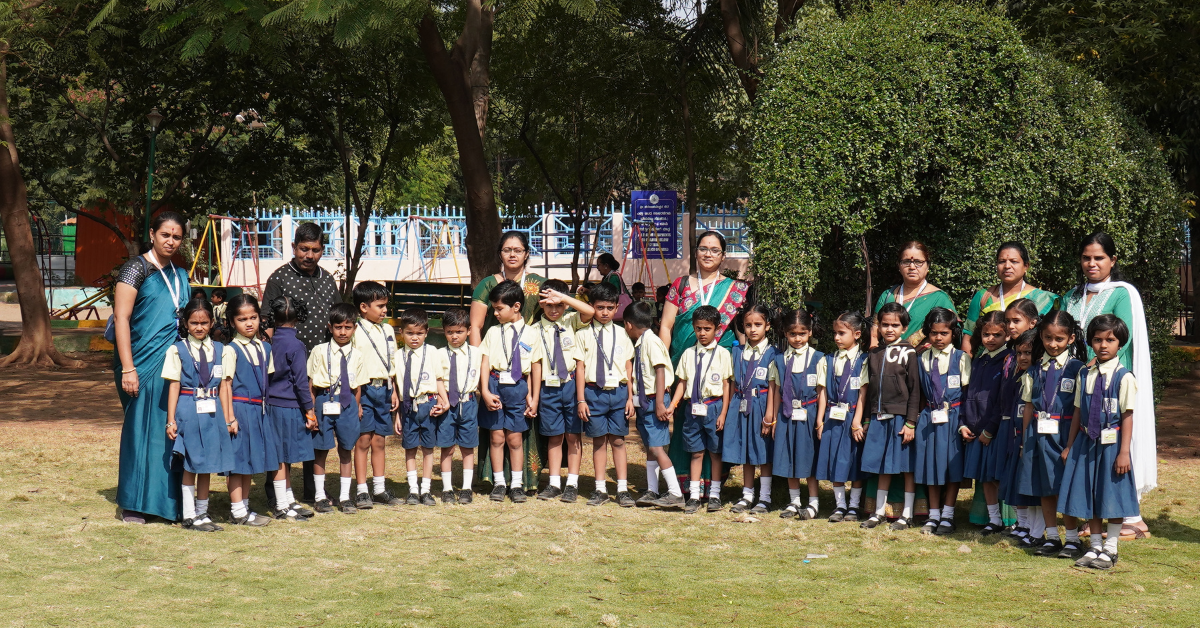Top 10 Reasons Why School Picnics Are Important for Children’s Growth
School picnics are more than just a fun day out—they are an essential part of a child’s overall development. Away from the classroom and textbooks, these outdoor trips give students a chance to explore, bond, and learn in ways that go beyond academics. From fostering teamwork to nurturing creativity, picnics play a vital role in shaping well-rounded individuals. Let’s explore the top 10 reasons why school picnics are important for children’s growth.
- ➡️ Builds Stronger Social Skills: Picnics allow children to interact freely with their peers and teachers outside the formal school environment. This helps them develop better communication, cooperation, and friendship-building skills.
- ➡️ Encourages Teamwork and Collaboration: Group activities like games, treasure hunts, or even sharing food teach kids the value of teamwork. They learn to support one another, listen to different perspectives, and achieve goals together.
- ➡️ Enhances Emotional Well-being: Being in nature and enjoying recreational activities helps reduce stress, boosts mood, and improves overall mental health. A picnic is often a refreshing break from routine study pressure.
- ➡️ Improves Physical Health: From running in the open fields to playing outdoor games, children get a chance to exercise their bodies. This not only improves fitness but also builds stamina, flexibility, and motor skills.
- ➡️ Stimulates Creativity and Imagination: Nature often inspires creativity. Whether it’s storytelling, sketching a scene, or simply exploring, school picnics provide children with an environment to think beyond the classroom walls.
- ➡️ Strengthens Teacher-Student Relationships: During a picnic, students see teachers in a more friendly and approachable light. This informal interaction helps build trust and strengthens the bond between educators and learners.
- ➡️ Boosts Confidence and Independence: Children often have to make small decisions on their own during picnics—what to play, whom to team up with, or how to share food. These experiences foster independence and self-confidence.
- ➡️ Provides Experiential Learning: A picnic at a historical site, botanical garden, or science park can offer children hands-on learning experiences. These outings help them connect academic knowledge with real-world applications.
- ➡️ Teaches Time and Resource Management: From managing their belongings to organizing food and participating in activities, children learn the importance of responsibility, time management, and resource sharing.
- ➡️ Creates Lifelong Memories: Most importantly, school picnics create happy memories that children cherish forever. These moments of laughter, play, and bonding contribute to a positive school life experience.

Enquiry